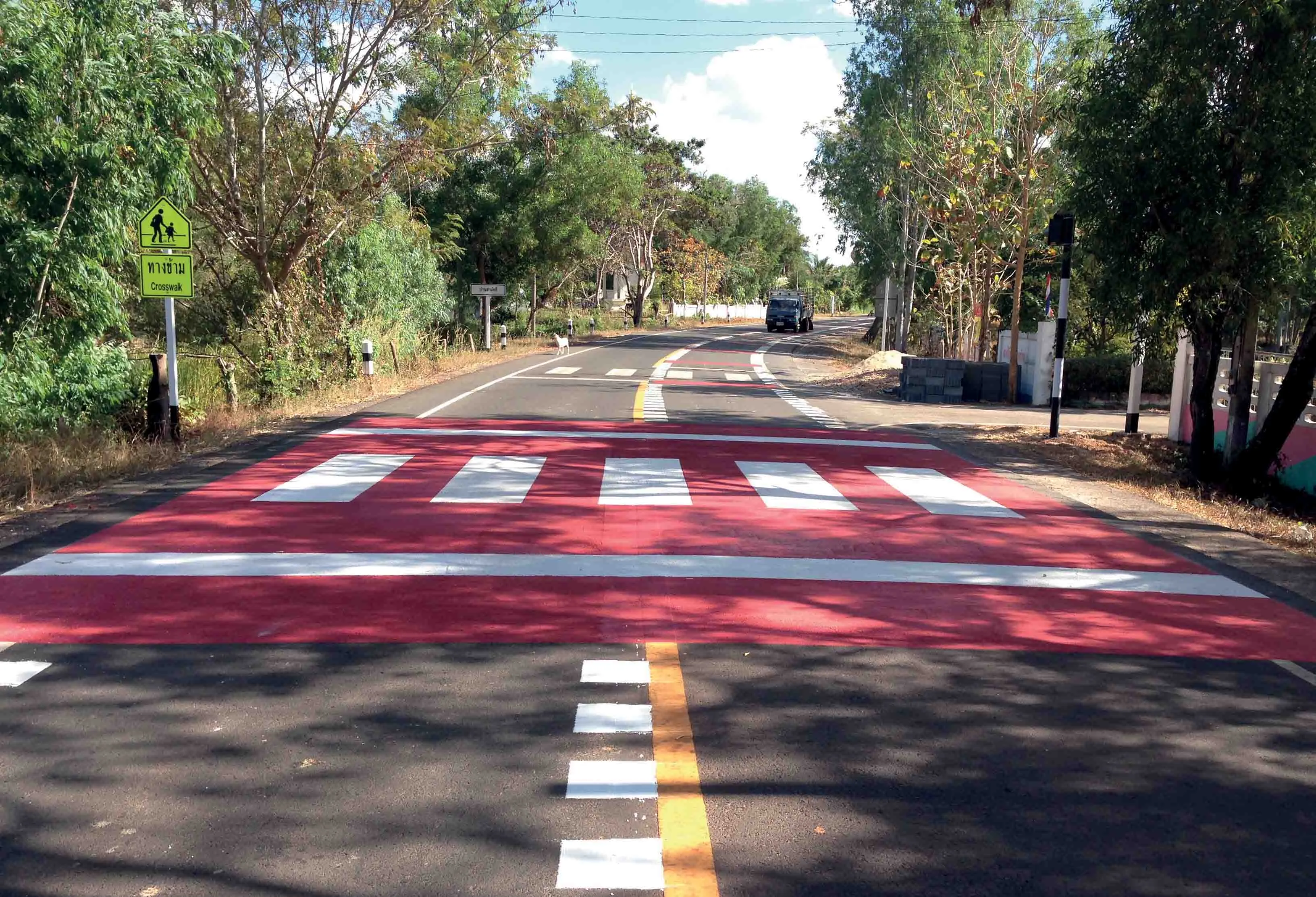Data shows that vulnerable road users are benefiting less from improved road safety. This has been revealed in the 2014 Road Safety Annual Report, which highlights latest road safety data. The number of road fatalities fell by 1.7% between 2011 and 2012 in the 31 countries covered by the International Road Traffic and Accident Database (IRTAD), according to the International Transport Forum at the OECD. However, road safety policies are not succeeding in improving protection for vulnerable road users. The l
May 21, 2014
Read time: 3 mins
Data shows that vulnerable road users are benefiting less from improved road safety. This has been revealed in the 2014 Road Safety Annual Report, which highlights latest road safety data. The number of road fatalities fell by 1.7% between 2011 and 2012 in the 31 countries covered by the International Road Traffic and Accident Database (3444 IRTAD), according to the 1102 International Transport Forum at the OECD. However, road safety policies are not succeeding in improving protection for vulnerable road users. The latest available data show that reductions in road deaths among pedestrians, cyclists and motorcyclists have levelled off since 2009/10. In some cases, increases have been recorded. The data was published by the International Transport Forum at the Annual Summit of Ministers of Transport in Leipzig, Germany, in its 2014 Road Safety Annual Report. The increased number of cyclists on the roads has been accompanied by a slowing of the decreasing rate of deadly crashes by cyclists registered in previous years, and in some cases by an increase. The share of fatalities among elderly road users is slowly increasing in many IRTAD countries. This reflects the changing age structure of populations. In 2012 the share of fatalities in the age group 65+ for the first time exceeded 30% for European IRTAD counties. In Japan this share has been even higher for some time; it is now at around 55%.
Overall, road safety policies in countries covered by the IRTAD database have been a huge success. Between 2000 and 2012, the annual death toll has fallen by nearly 40% or 45 000 fewer deaths per year when compared with 2000 level. In 2012, five European countries achieved a historic first by reducing their annual road fatalities per 100 000 population (mortality rate) to three or less. These are Denmark, Norway, Sweden, the UK and Iceland. While the most recent data overall confirms the downward trend in road deaths, and some countries have achieved historic successes, IRTAD recorded the lowest average reduction rate in 10 years. Such a moderate success will be insufficient to contribute substantially to the UN road safety target of halting the global increase in the number of traffic fatalities and reversing the trend. Currently, 1.3 million people die on the world’s roads each year, mostly in emerging economies. Forecasts expect the global figure to rise to nearly 2 million in 2020 if no strong action is taken.
Preliminary trends for 2013, based on provisional fatality data collected by IRTAD show a dispersed picture and 10 of the 37 IRTAD countries and observers saw an increase in fatalities, some in excess of 10%. However, 22 countries managed to reduce their road death toll and nine countries reduced their death toll by more than 10%: Austria, the Czech Republic, France, Greece, Lithuania, the Netherlands, New Zealand, Portugal and Switzerland.
Overall, road safety policies in countries covered by the IRTAD database have been a huge success. Between 2000 and 2012, the annual death toll has fallen by nearly 40% or 45 000 fewer deaths per year when compared with 2000 level. In 2012, five European countries achieved a historic first by reducing their annual road fatalities per 100 000 population (mortality rate) to three or less. These are Denmark, Norway, Sweden, the UK and Iceland. While the most recent data overall confirms the downward trend in road deaths, and some countries have achieved historic successes, IRTAD recorded the lowest average reduction rate in 10 years. Such a moderate success will be insufficient to contribute substantially to the UN road safety target of halting the global increase in the number of traffic fatalities and reversing the trend. Currently, 1.3 million people die on the world’s roads each year, mostly in emerging economies. Forecasts expect the global figure to rise to nearly 2 million in 2020 if no strong action is taken.
Preliminary trends for 2013, based on provisional fatality data collected by IRTAD show a dispersed picture and 10 of the 37 IRTAD countries and observers saw an increase in fatalities, some in excess of 10%. However, 22 countries managed to reduce their road death toll and nine countries reduced their death toll by more than 10%: Austria, the Czech Republic, France, Greece, Lithuania, the Netherlands, New Zealand, Portugal and Switzerland.








